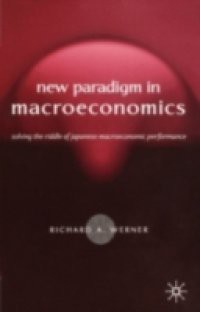Starting from the claim that contemporary liberalism, as developed by John Rawls, is a continuation of the Enlightenment project, this book asks how it is possible to think the political beyond liberalism. Concentrating on Nietzsche's later work, in particular The Genealogy of Morals, it reinterprets his philosophical thought in relation to Foucault's genealogy. Andrius Bielskis applies his novel interpretation of Nietzschean genealogy to the analysis of kitsch, showing not only how kitsch forms our subjectivity but also how it is linked to contemporary political institutions. While claiming that neither Nietzsche nor Foucault can provide a substantive account of political community, the book presents Gadamer and MacIntyre as providing an alternative to both liberalism and Nietzschean genealogy. It argues that hermeneutics necessarily presupposes an affirmative relation to tradition. Applying such a conception of hermeneutics to the Thomistic tradition along with MacIntyre the book argues that the possibility of envisaging an alternative Aristotelian understanding of the political today is possible only with reference to local communities.




















